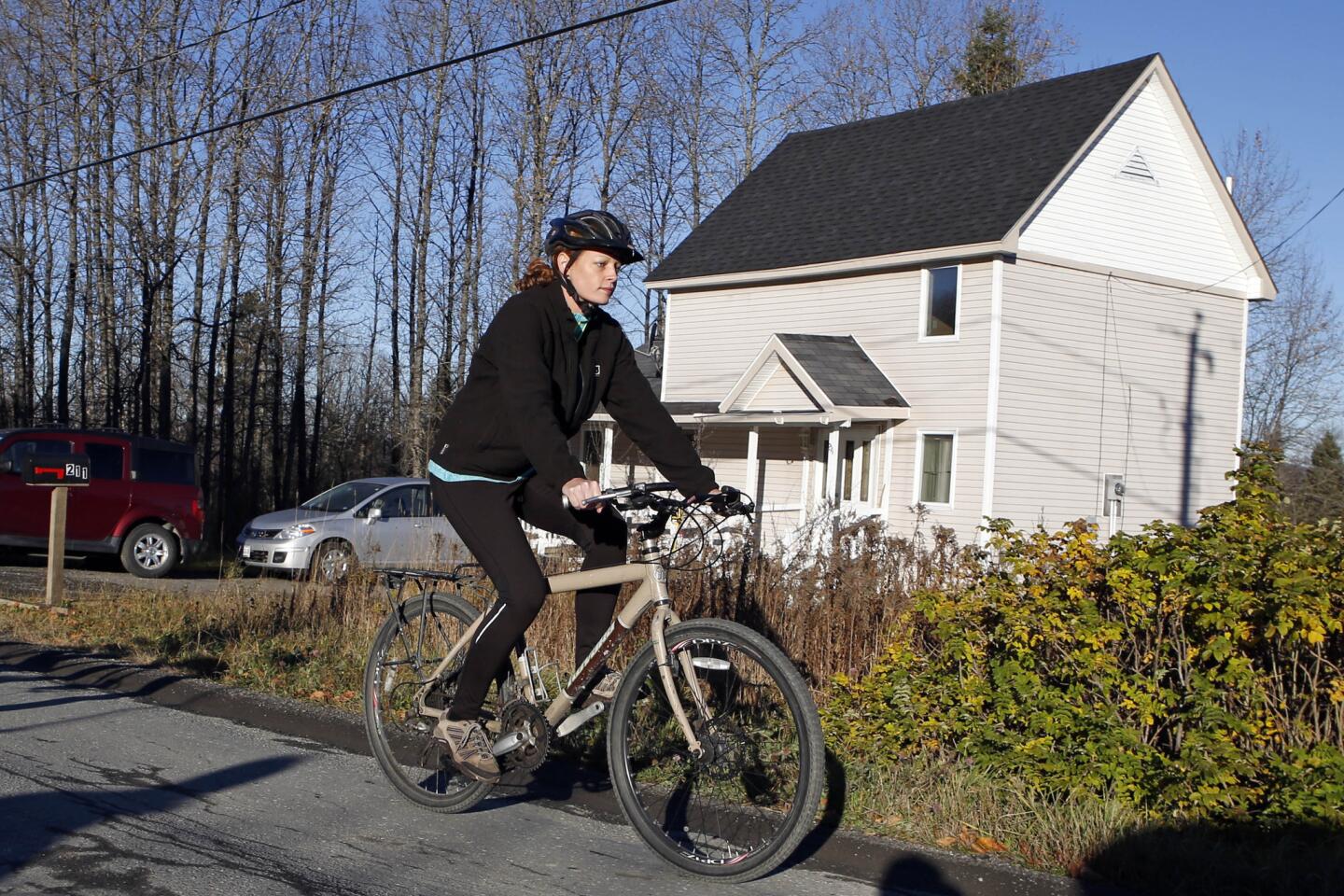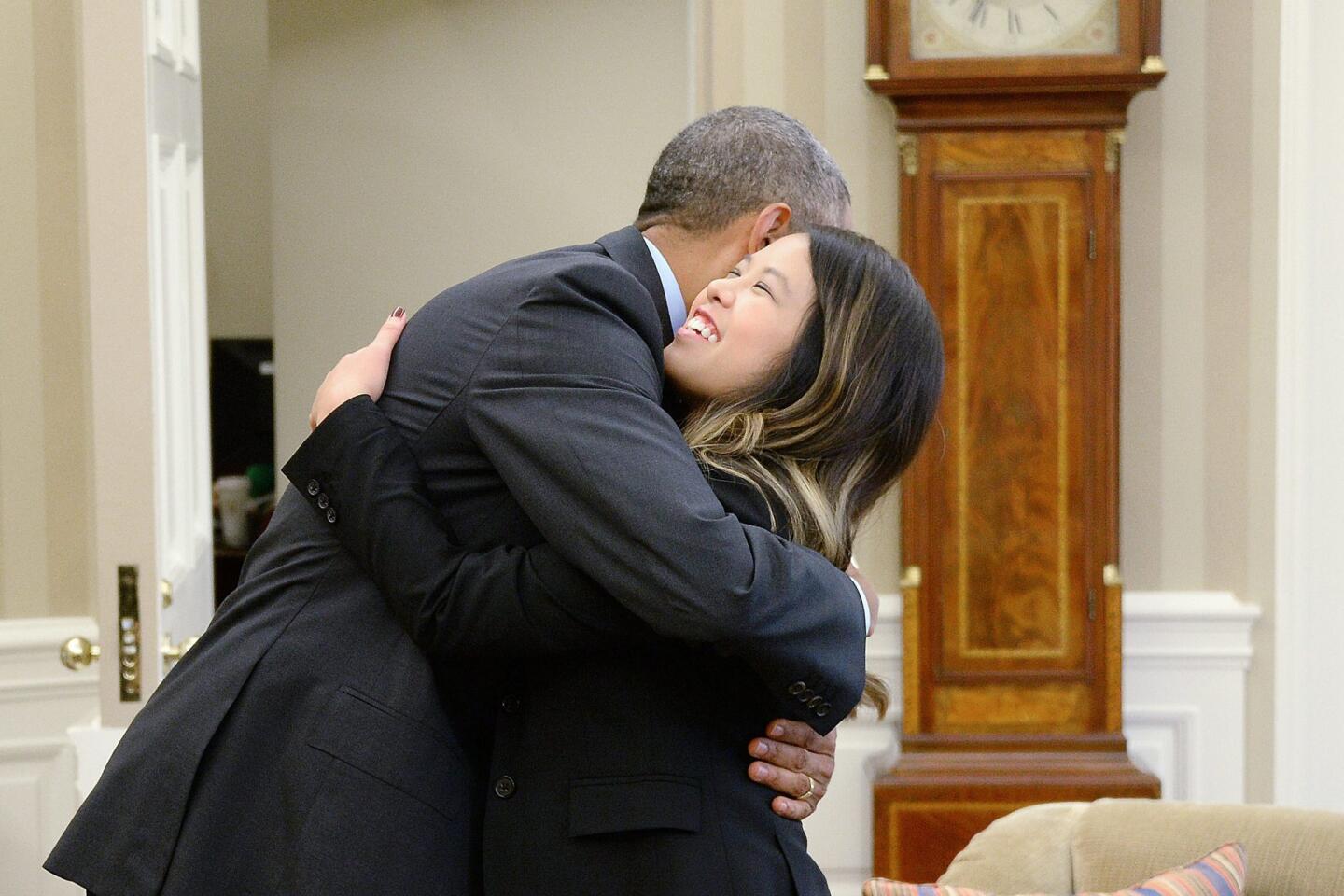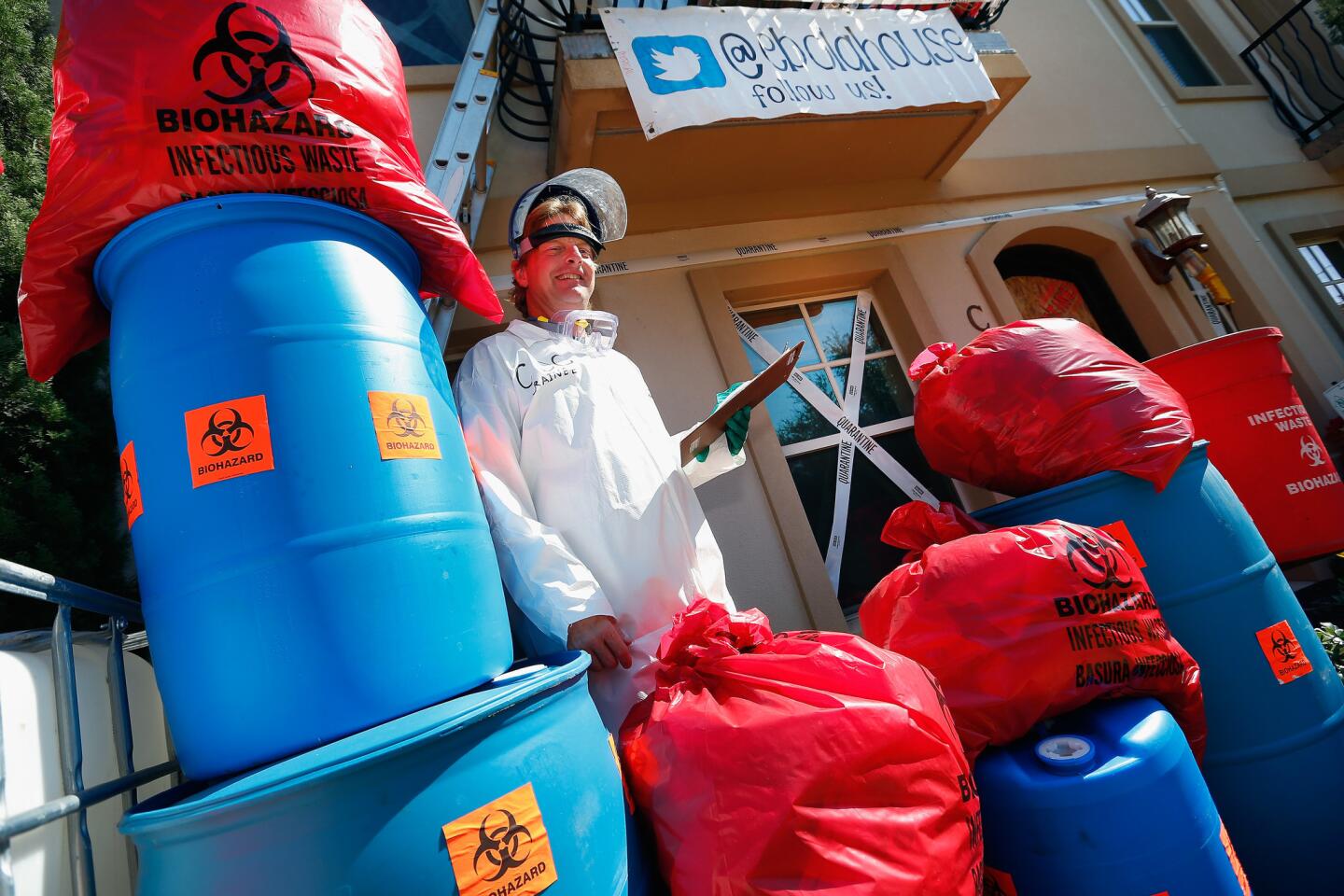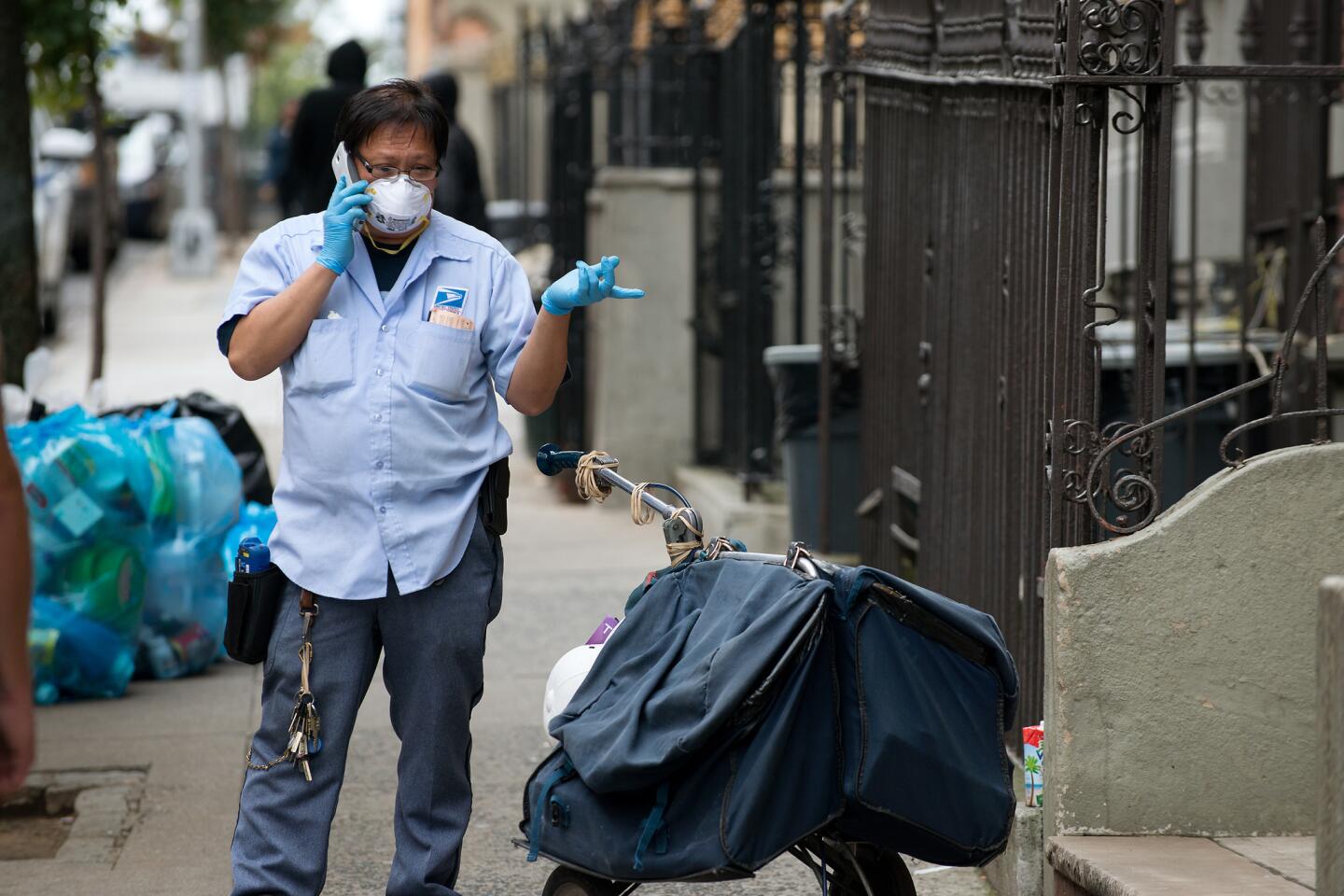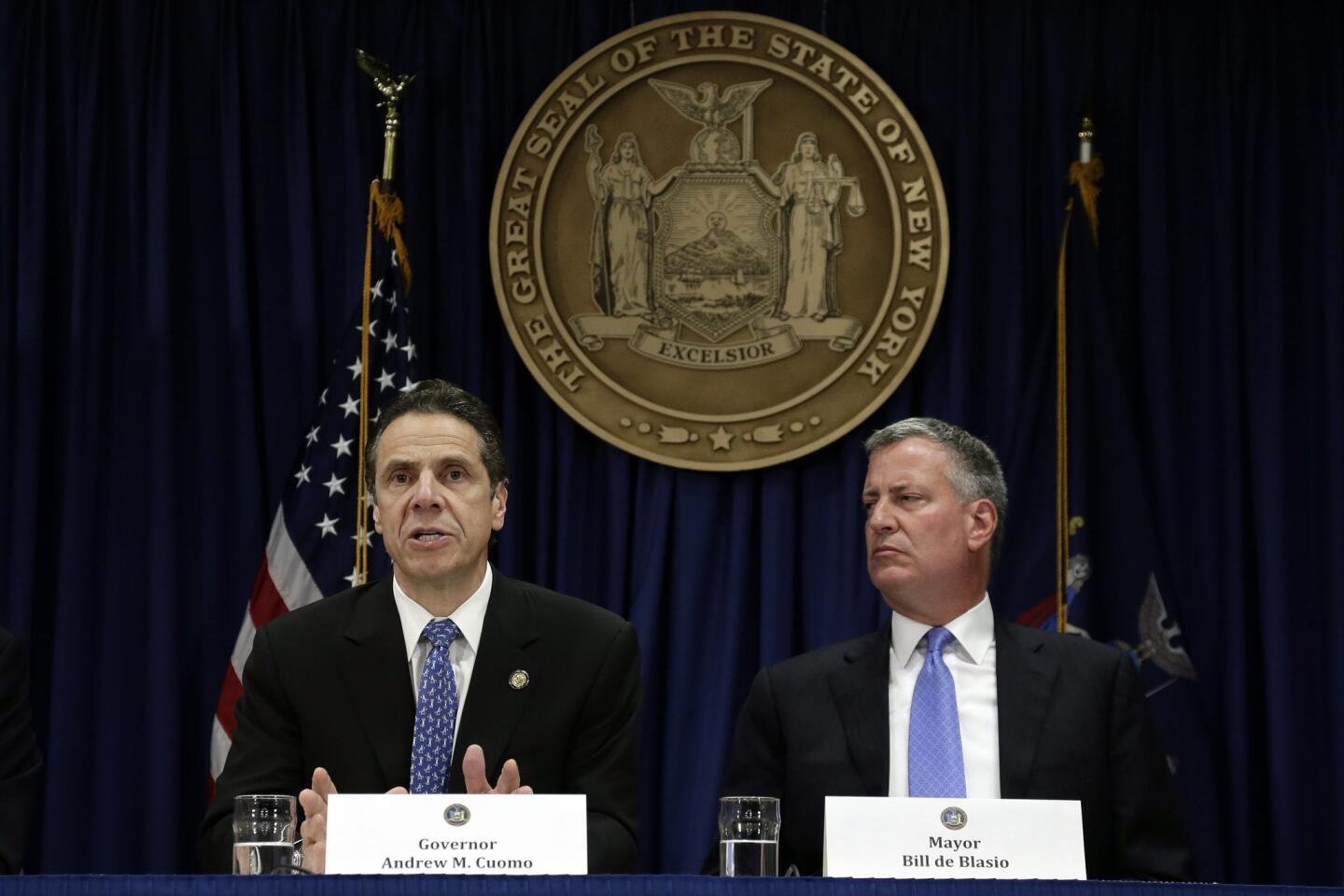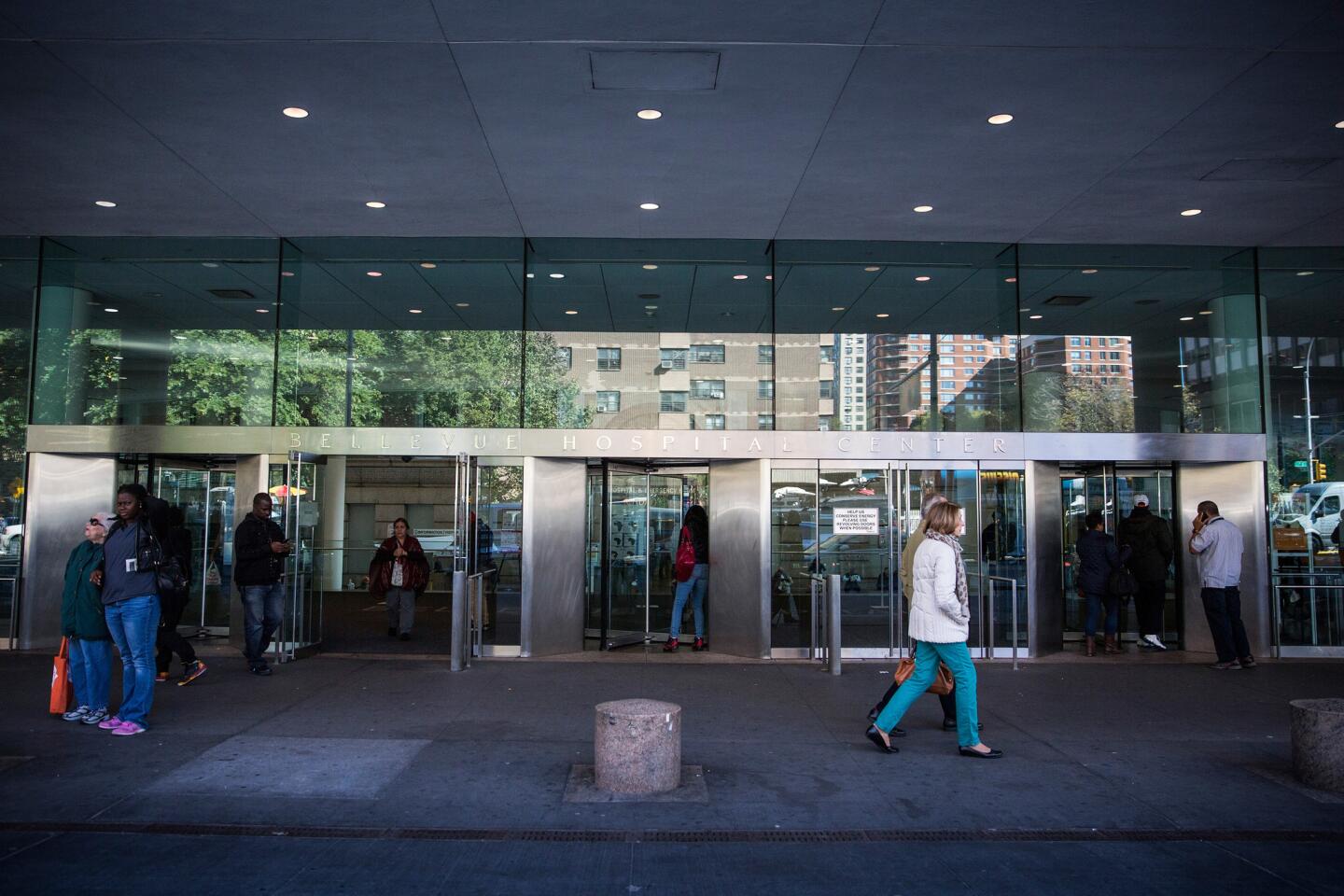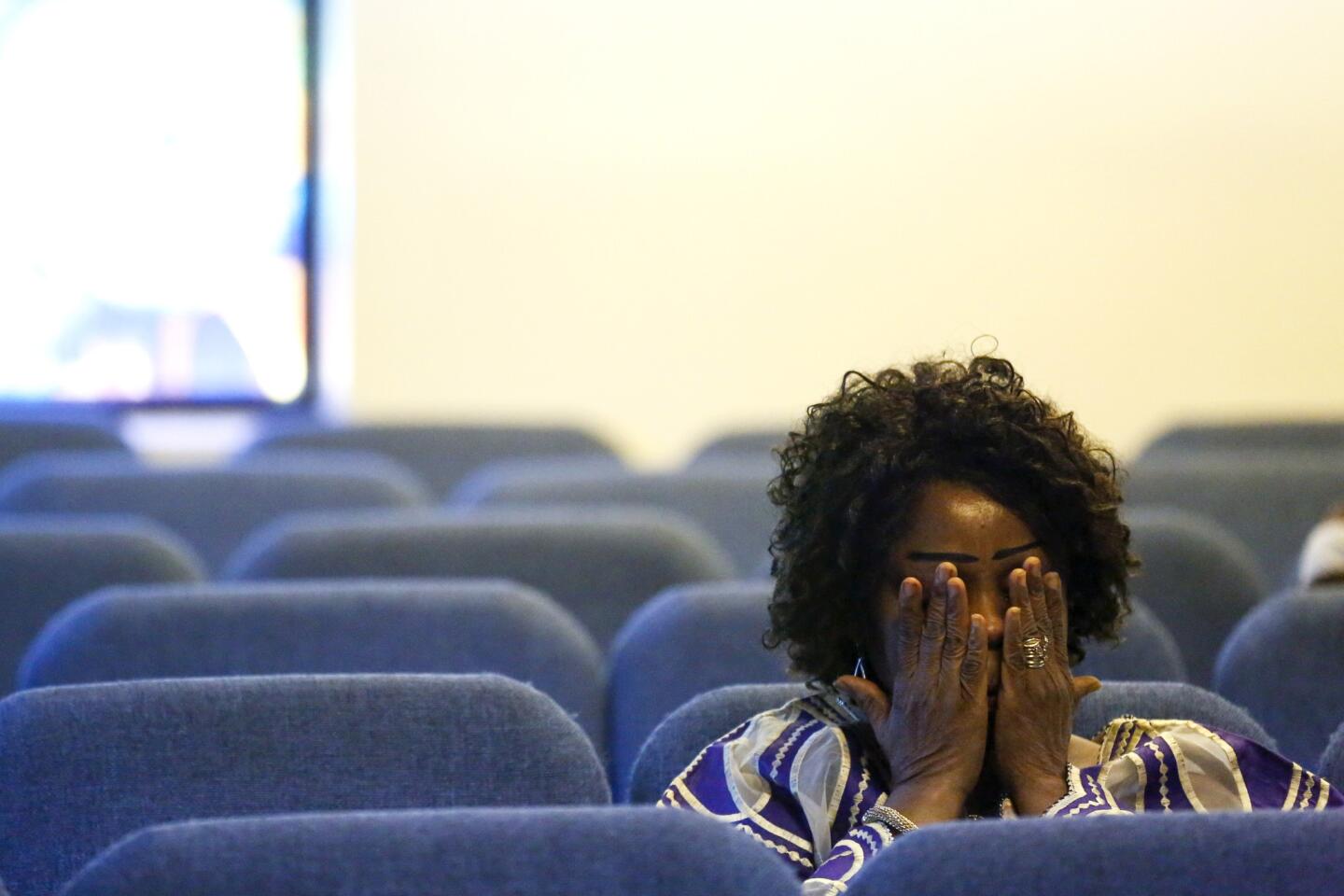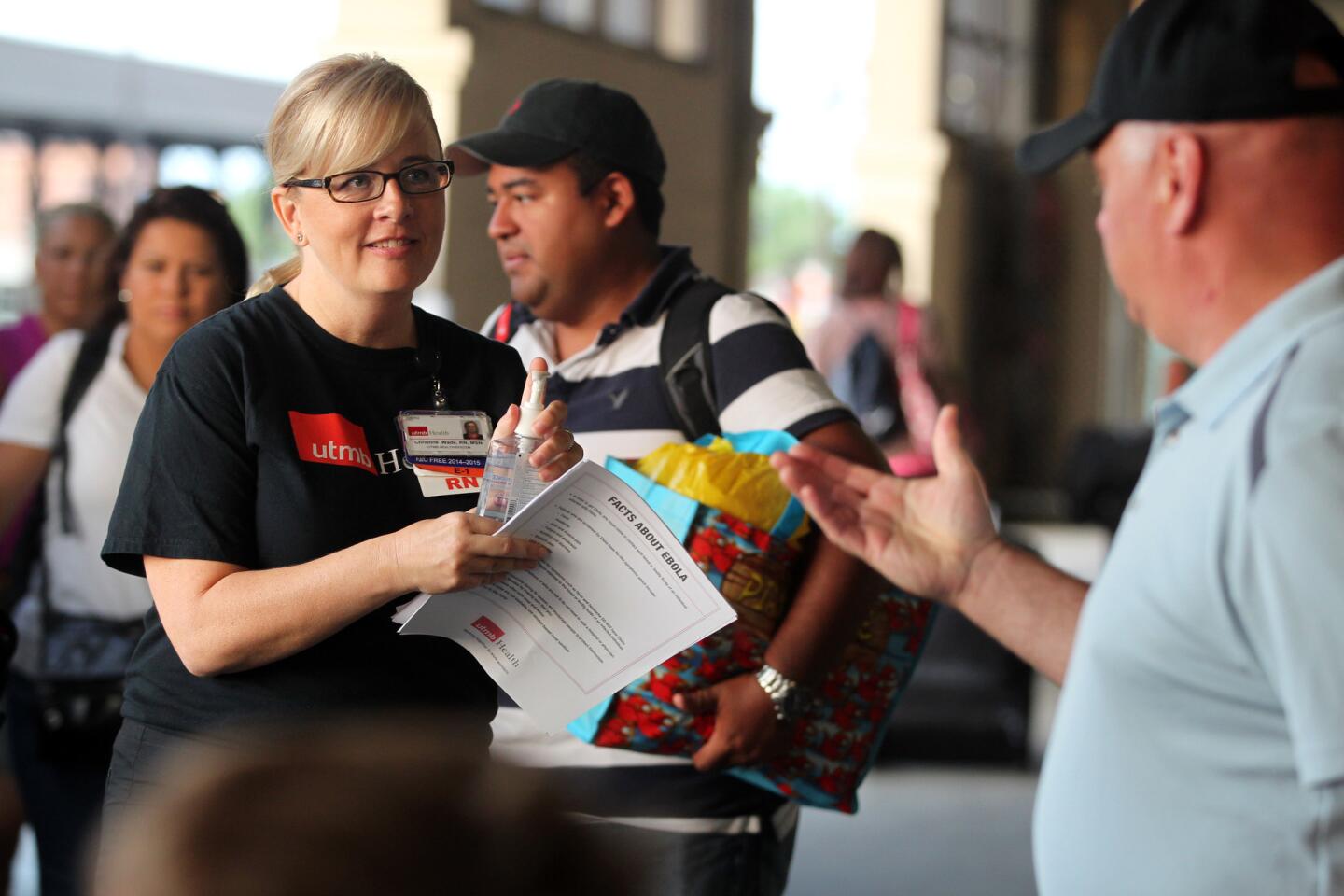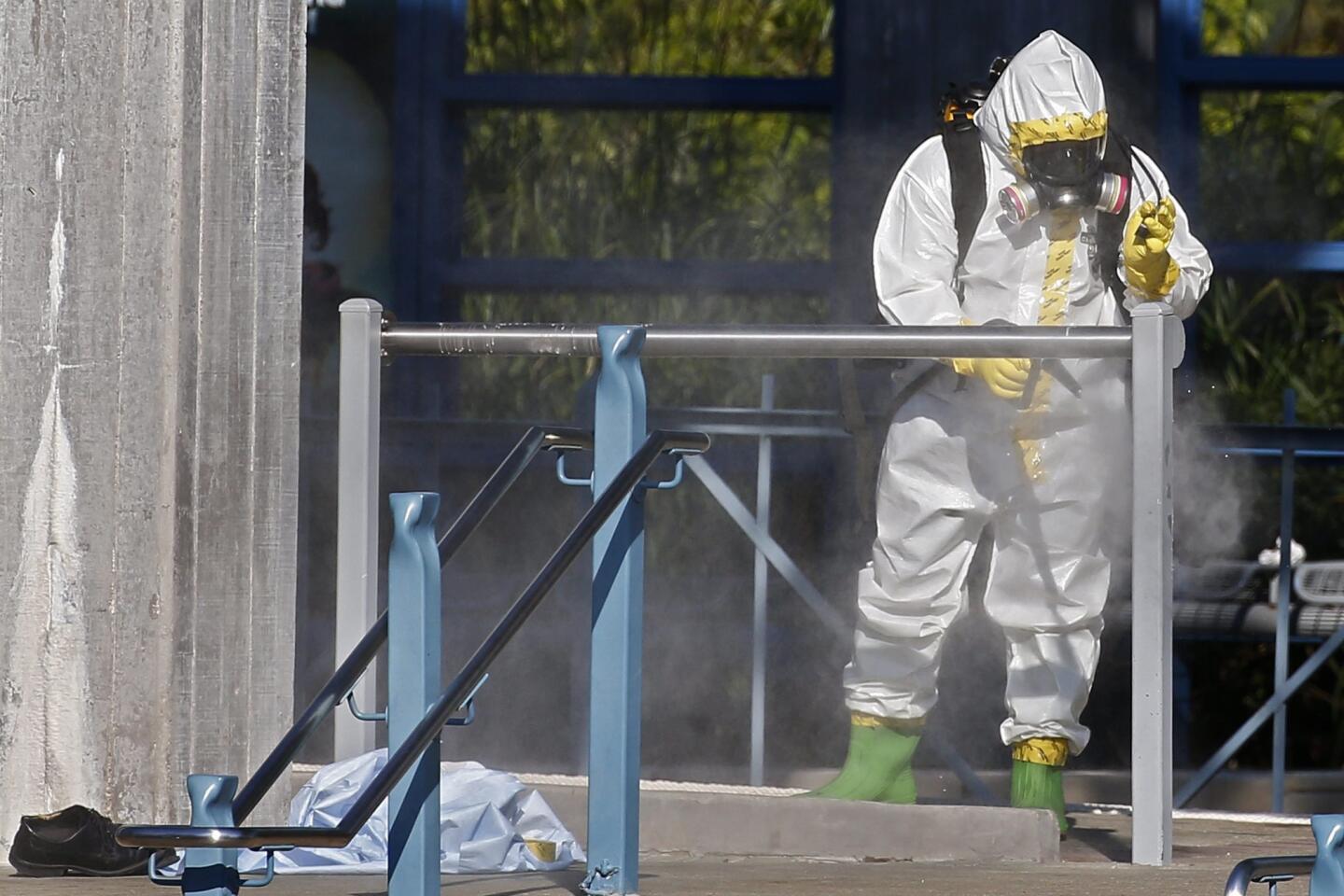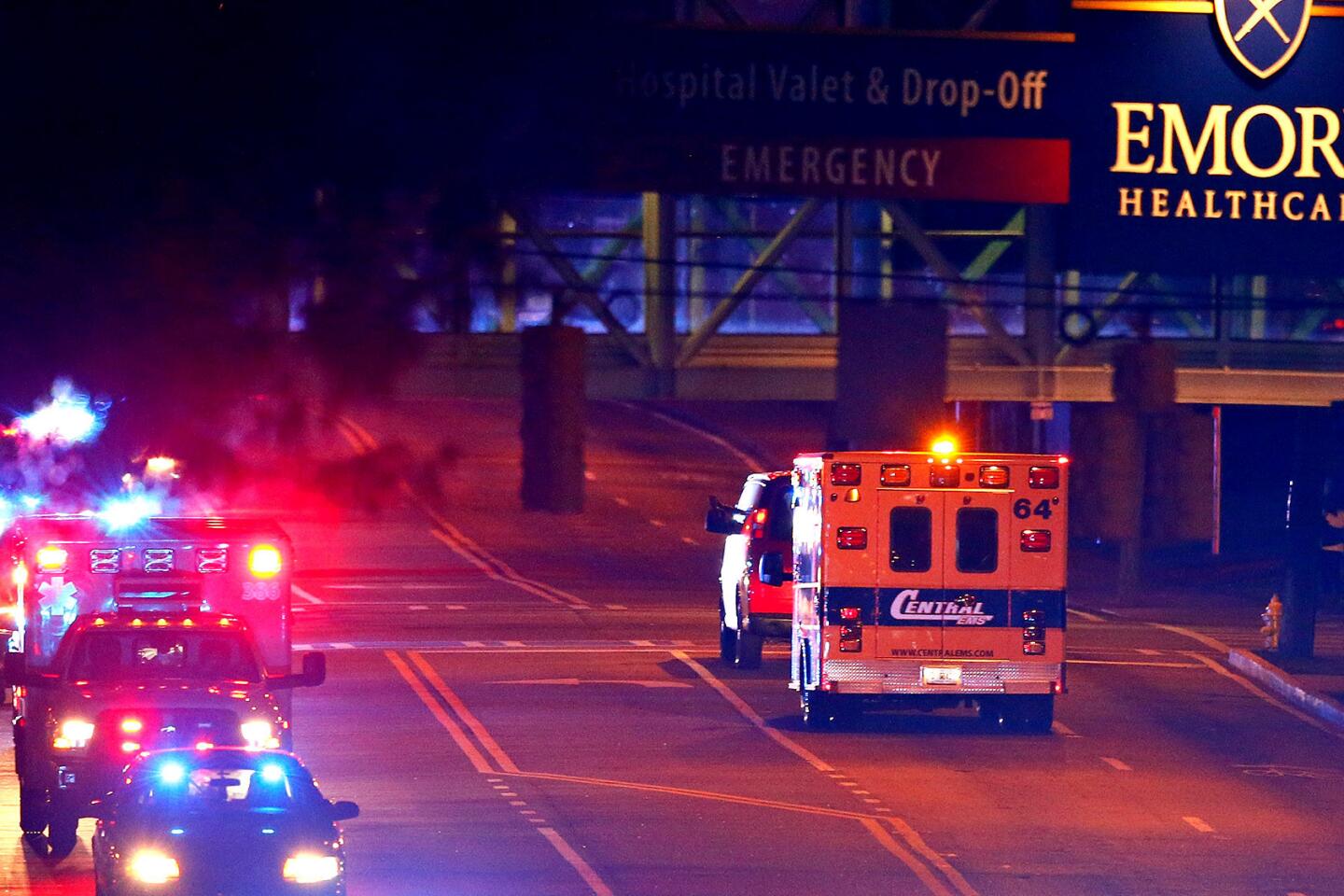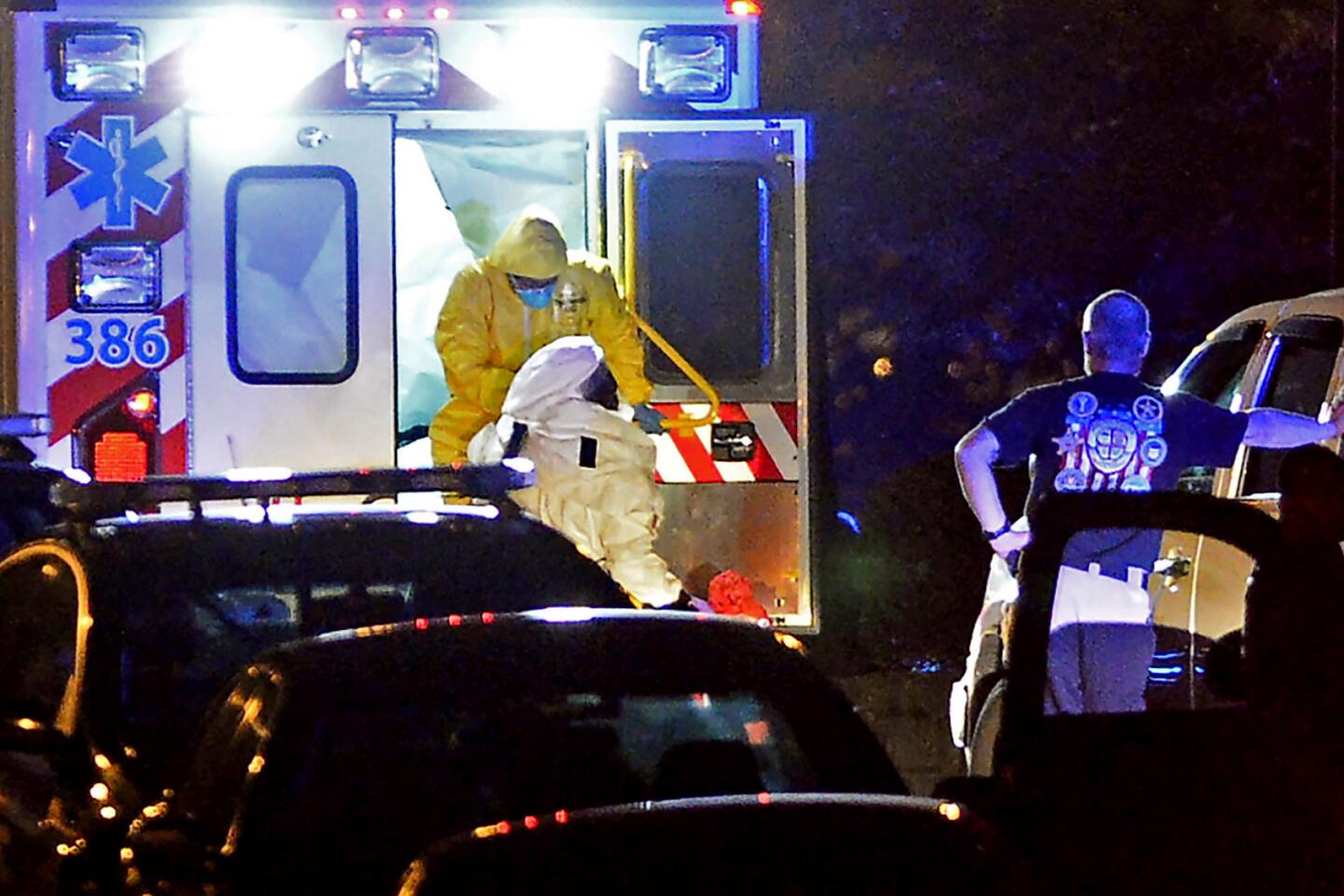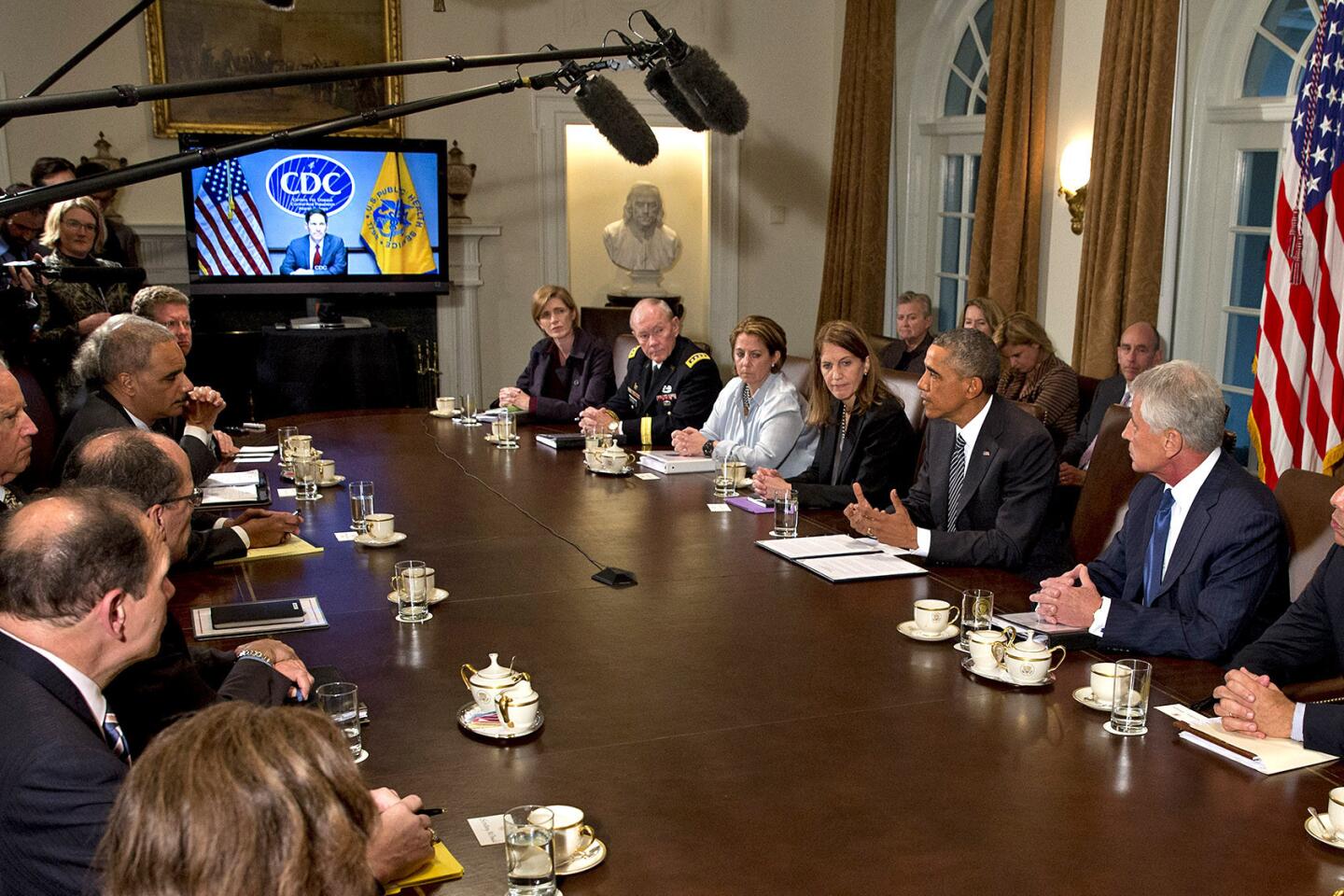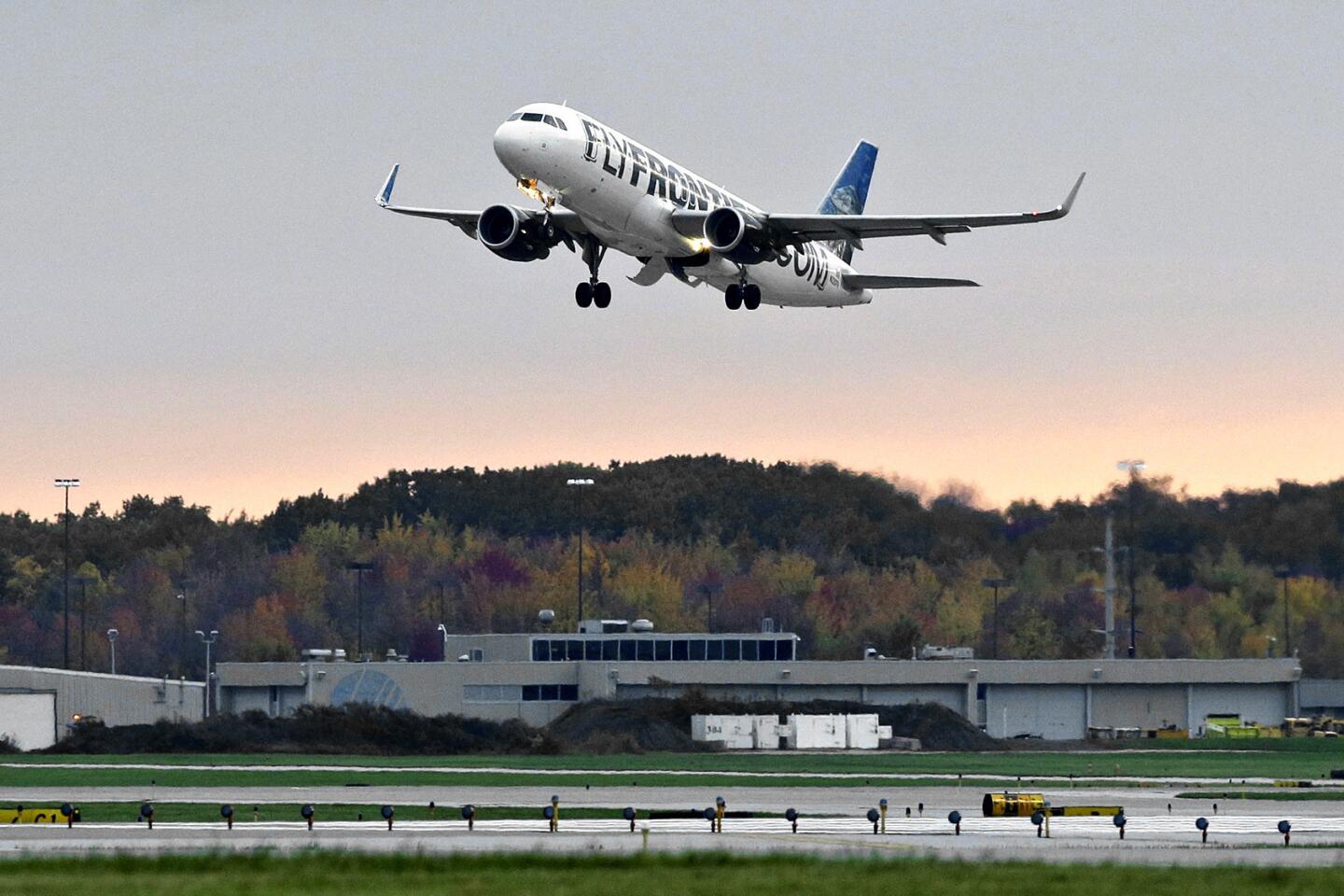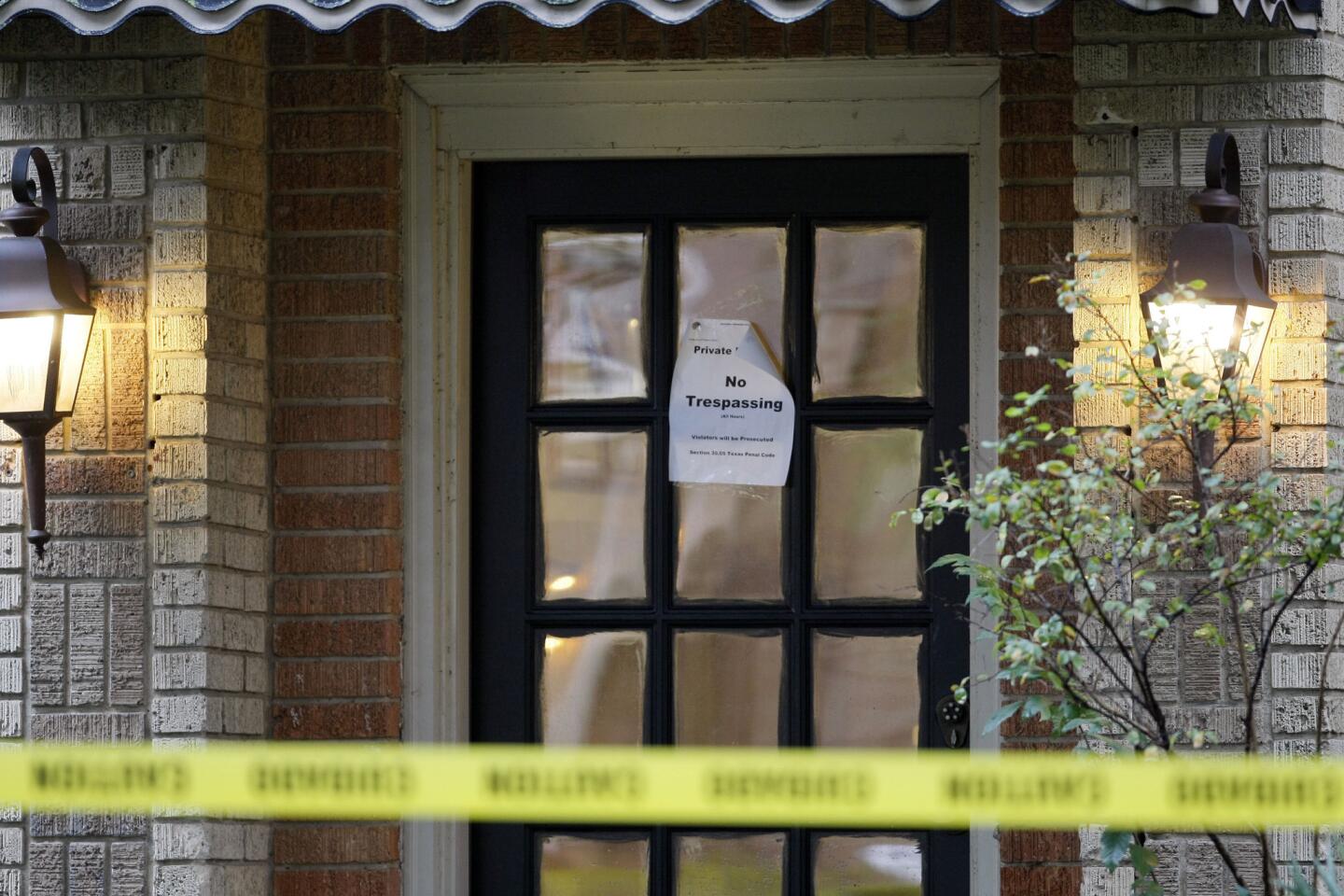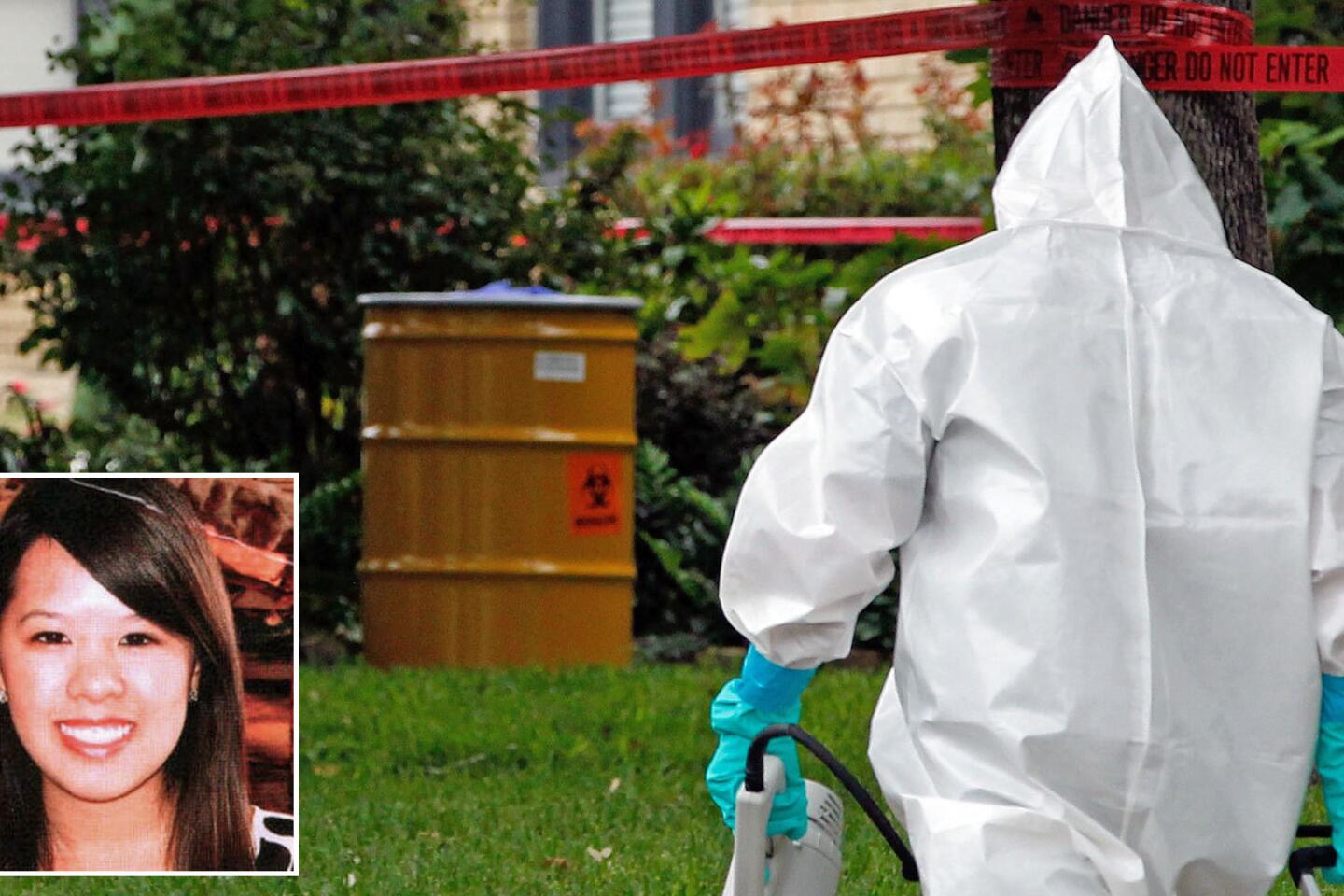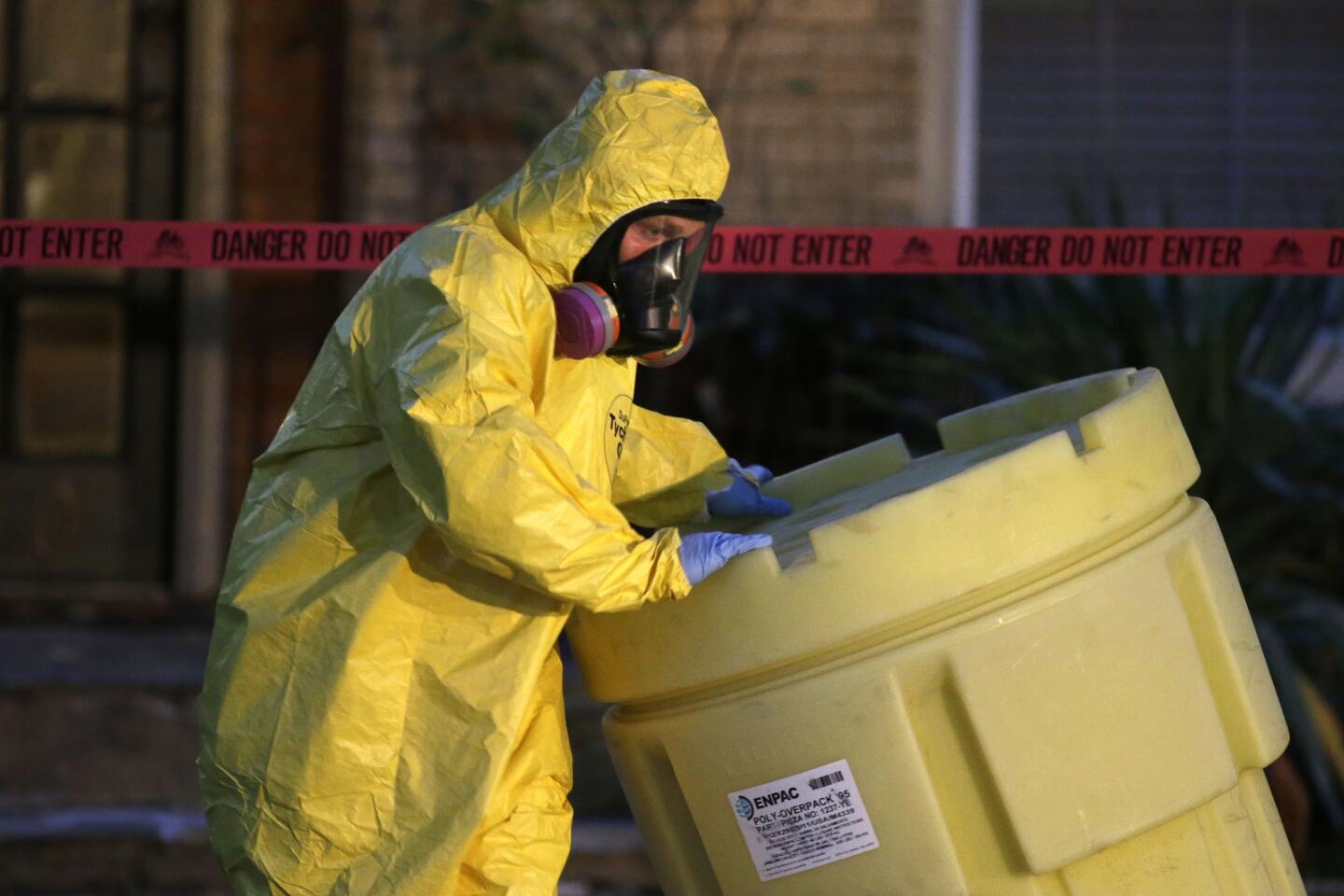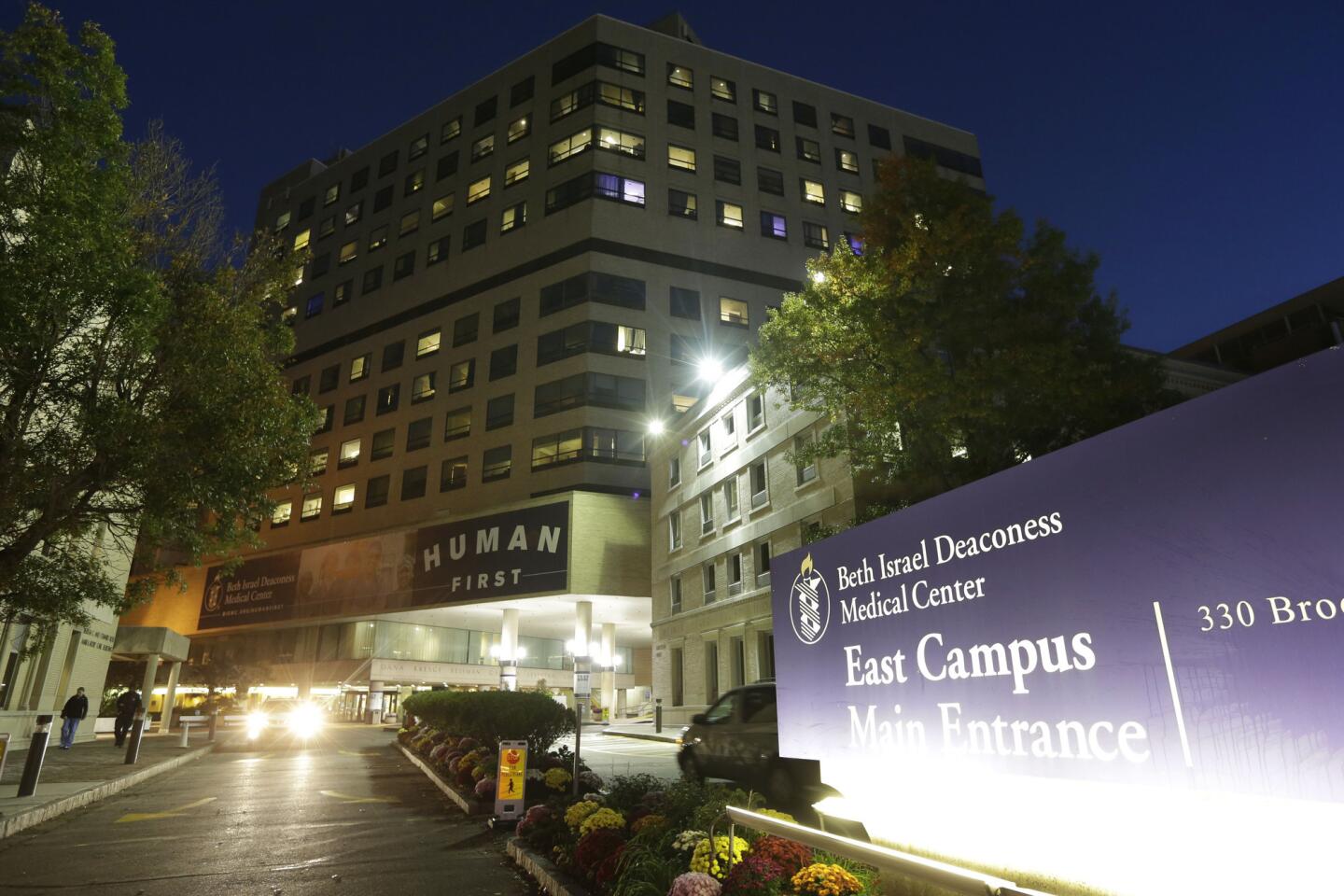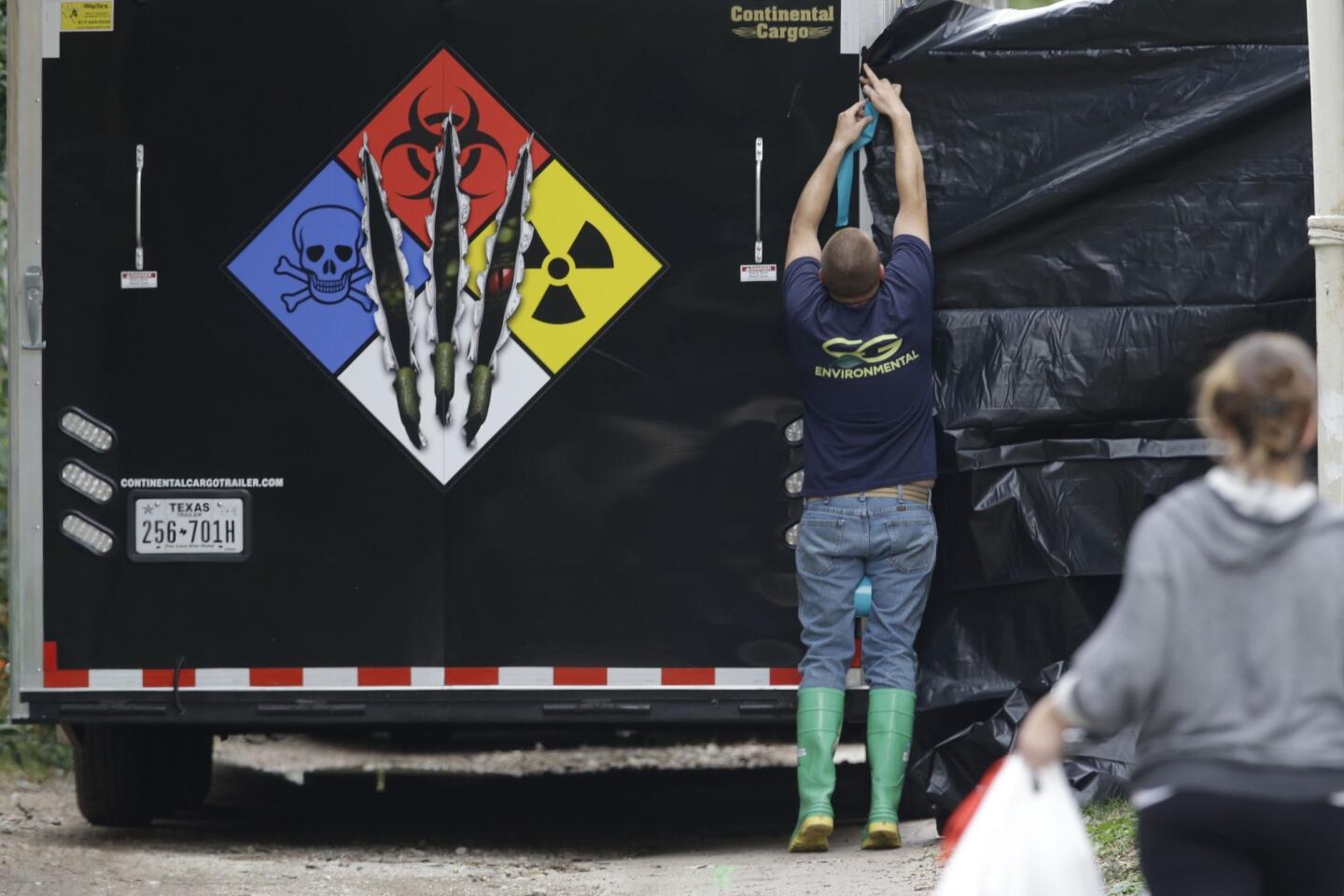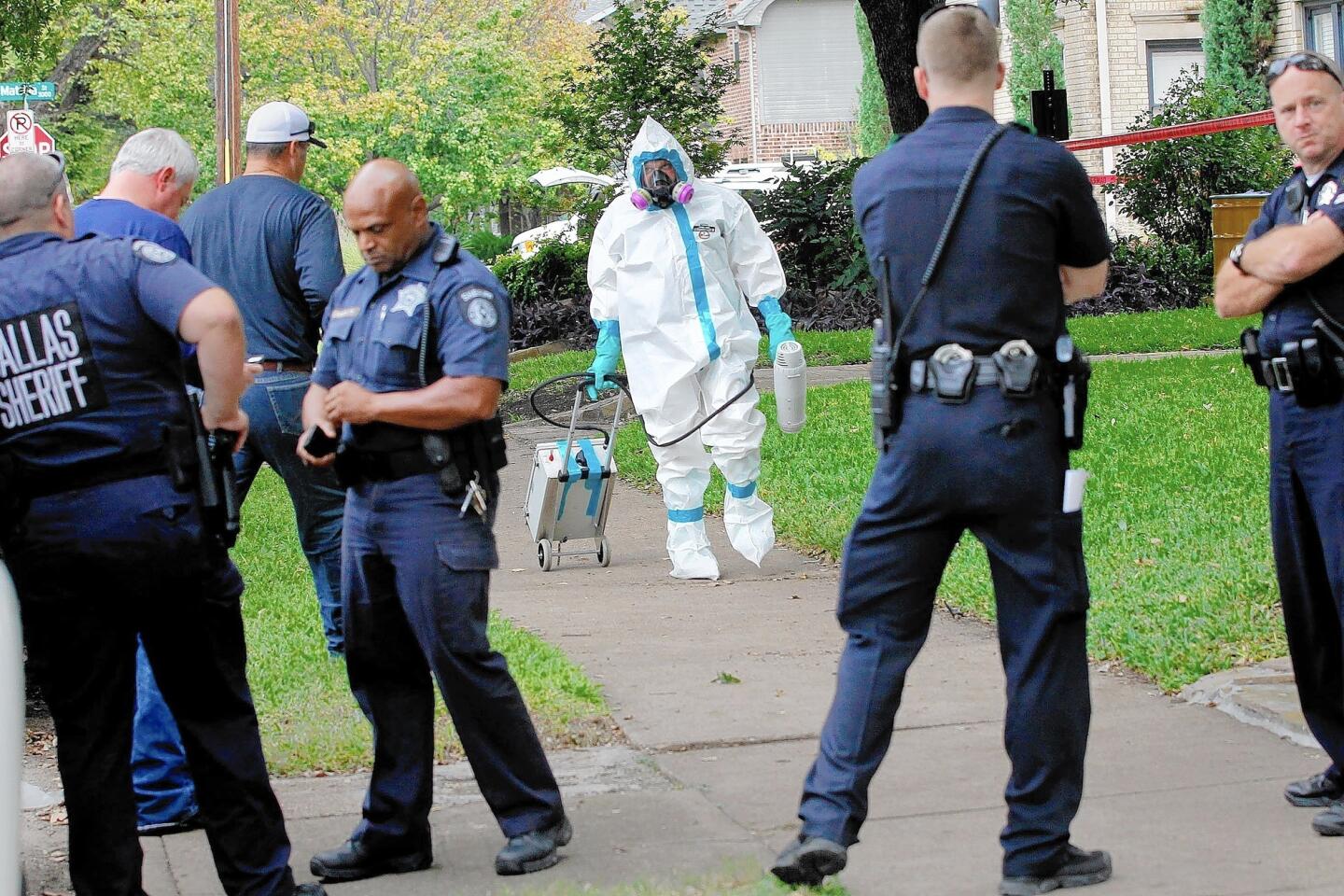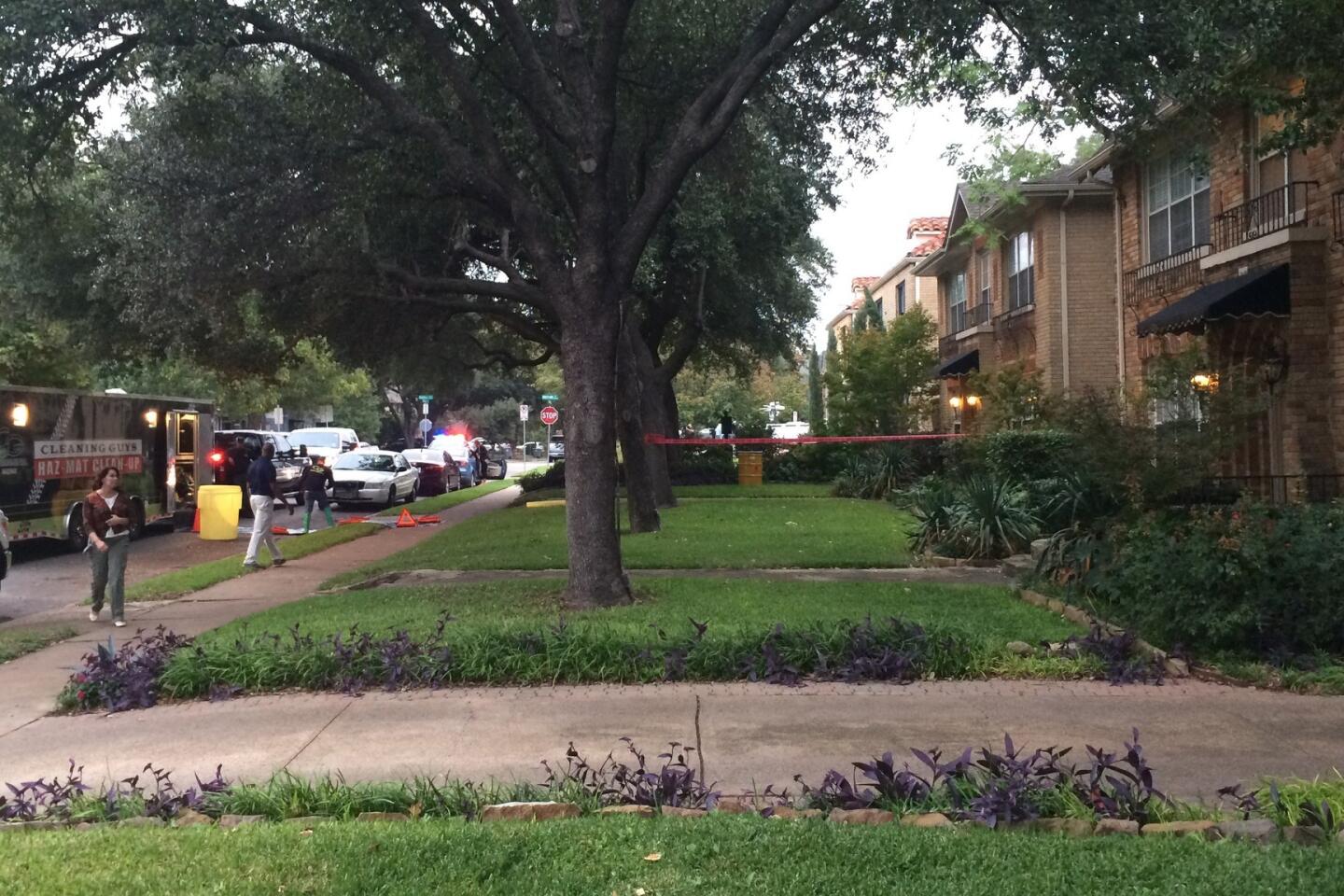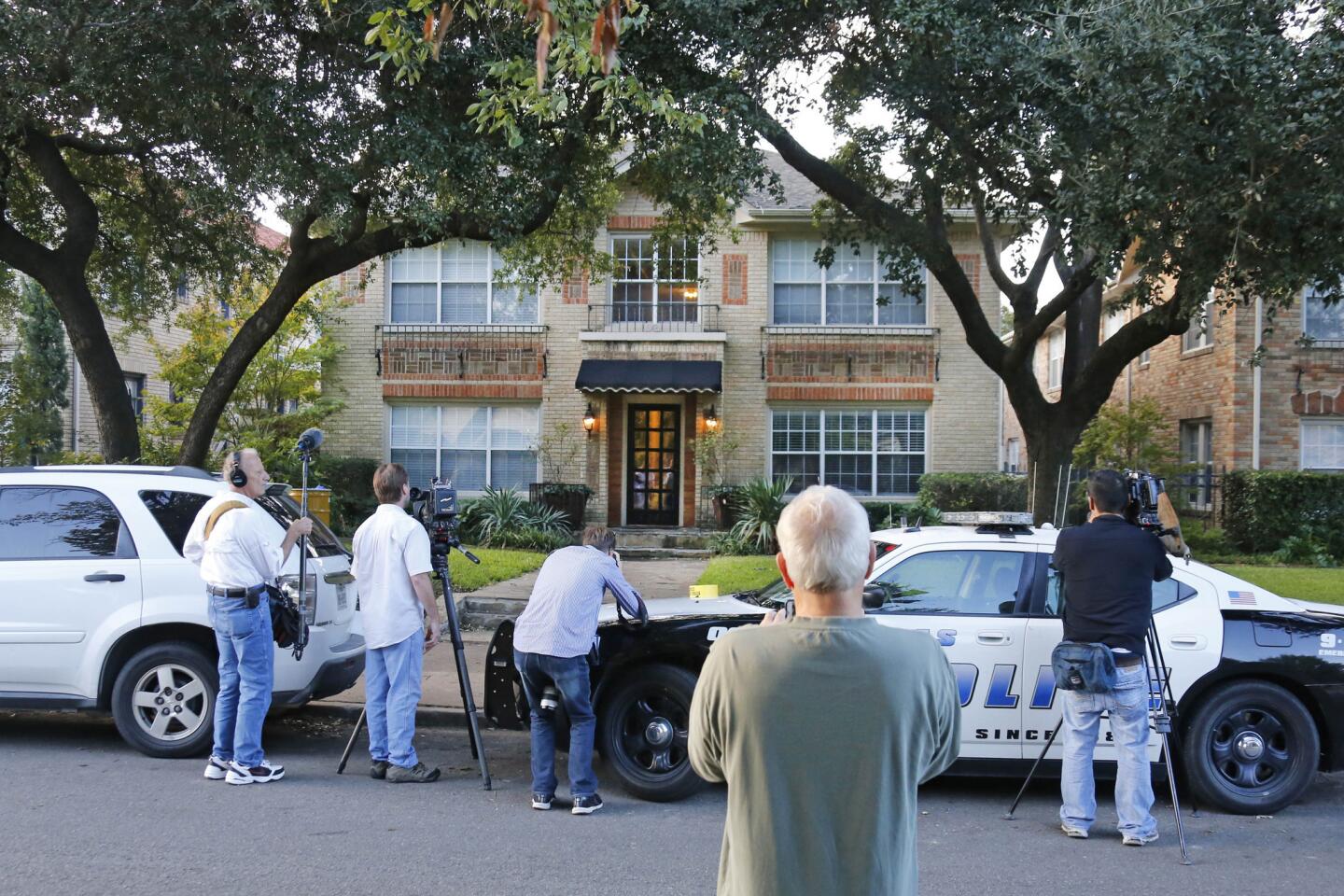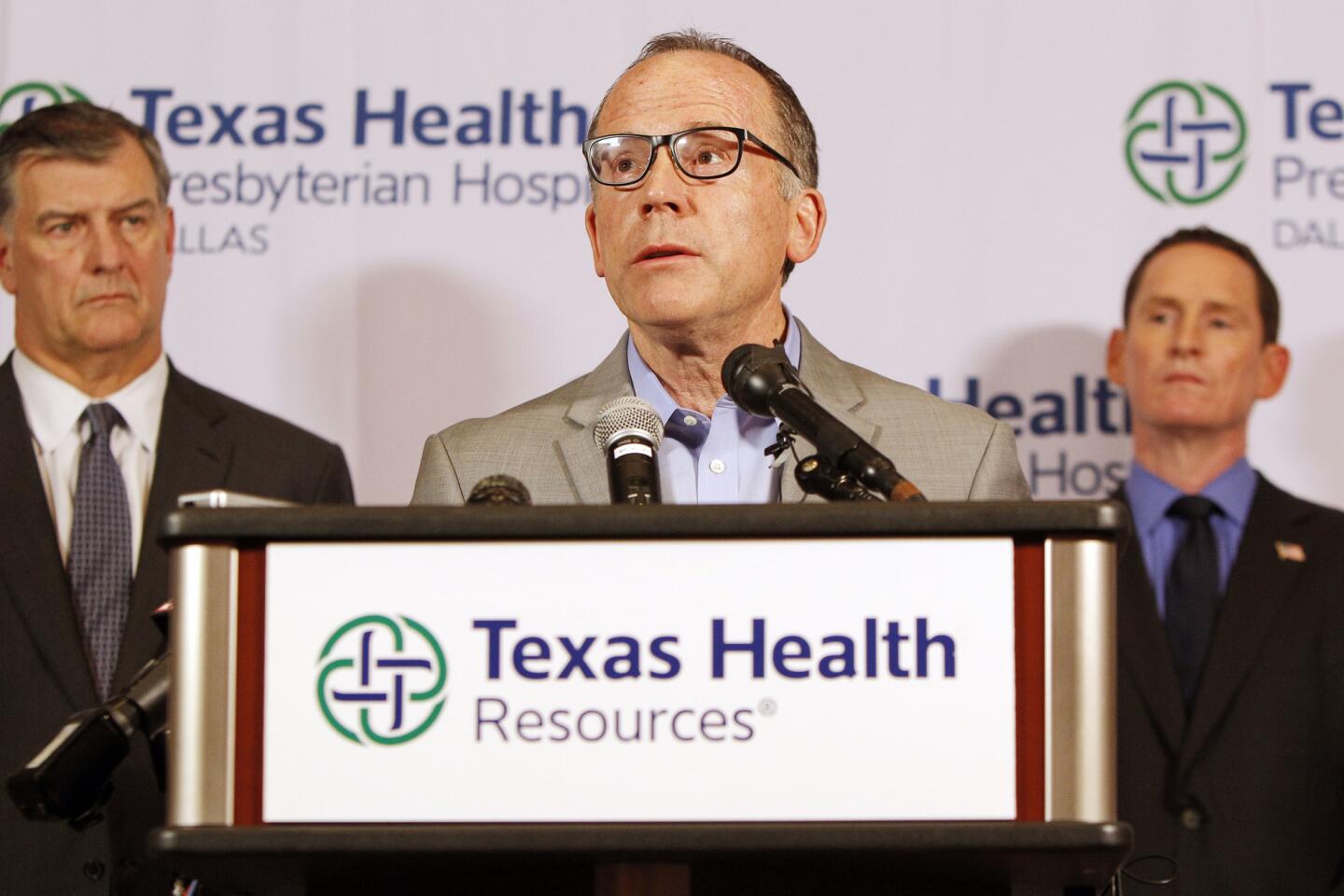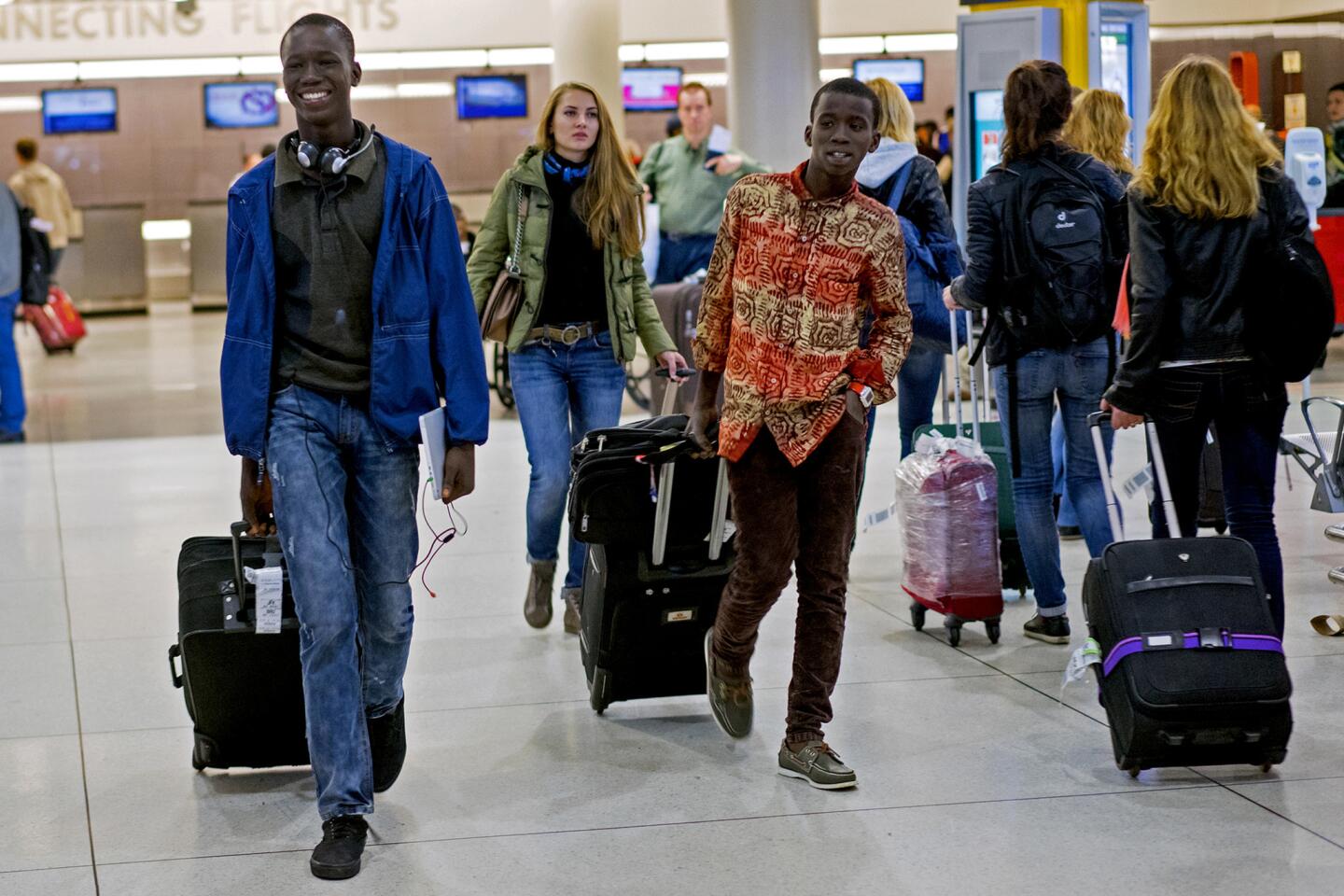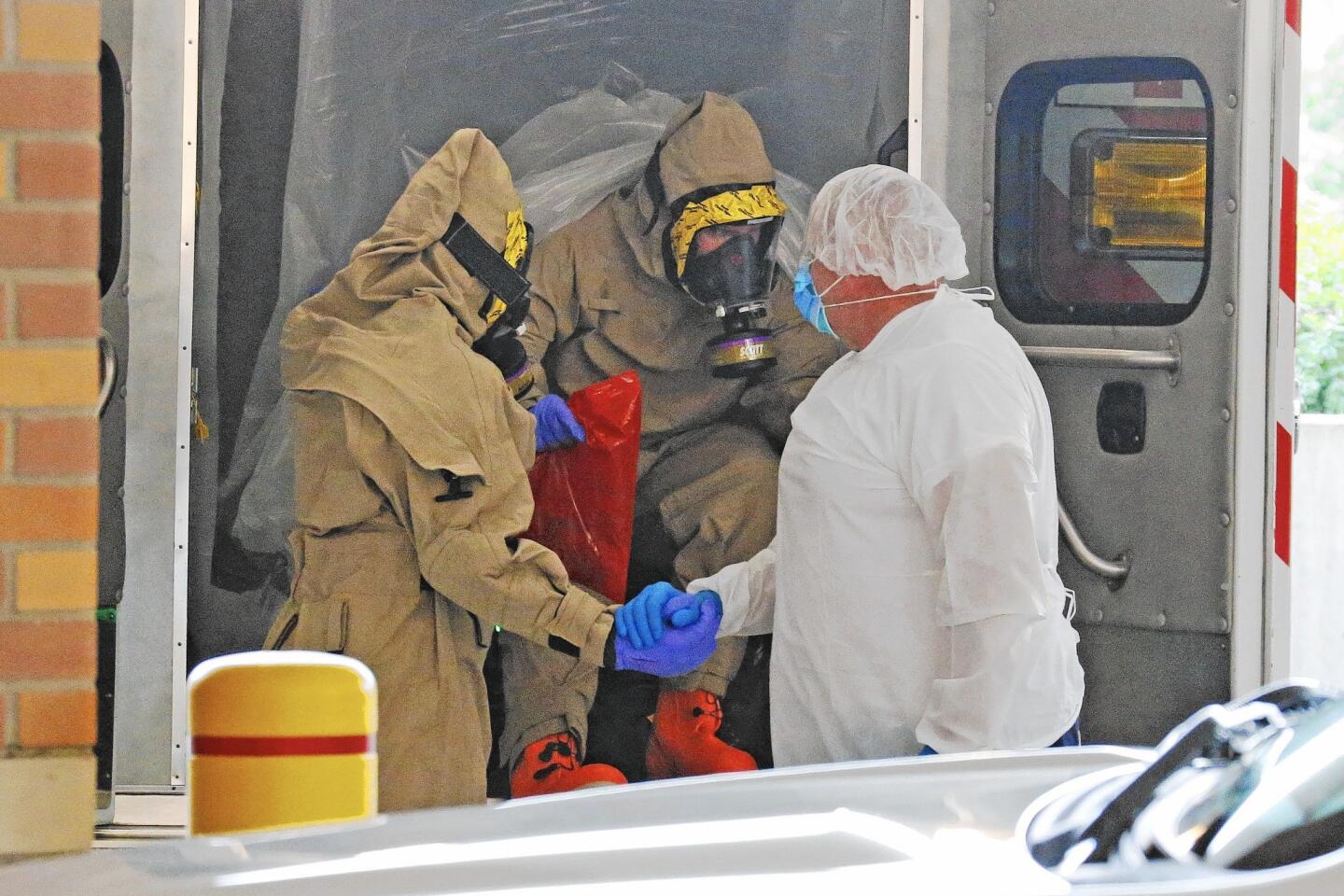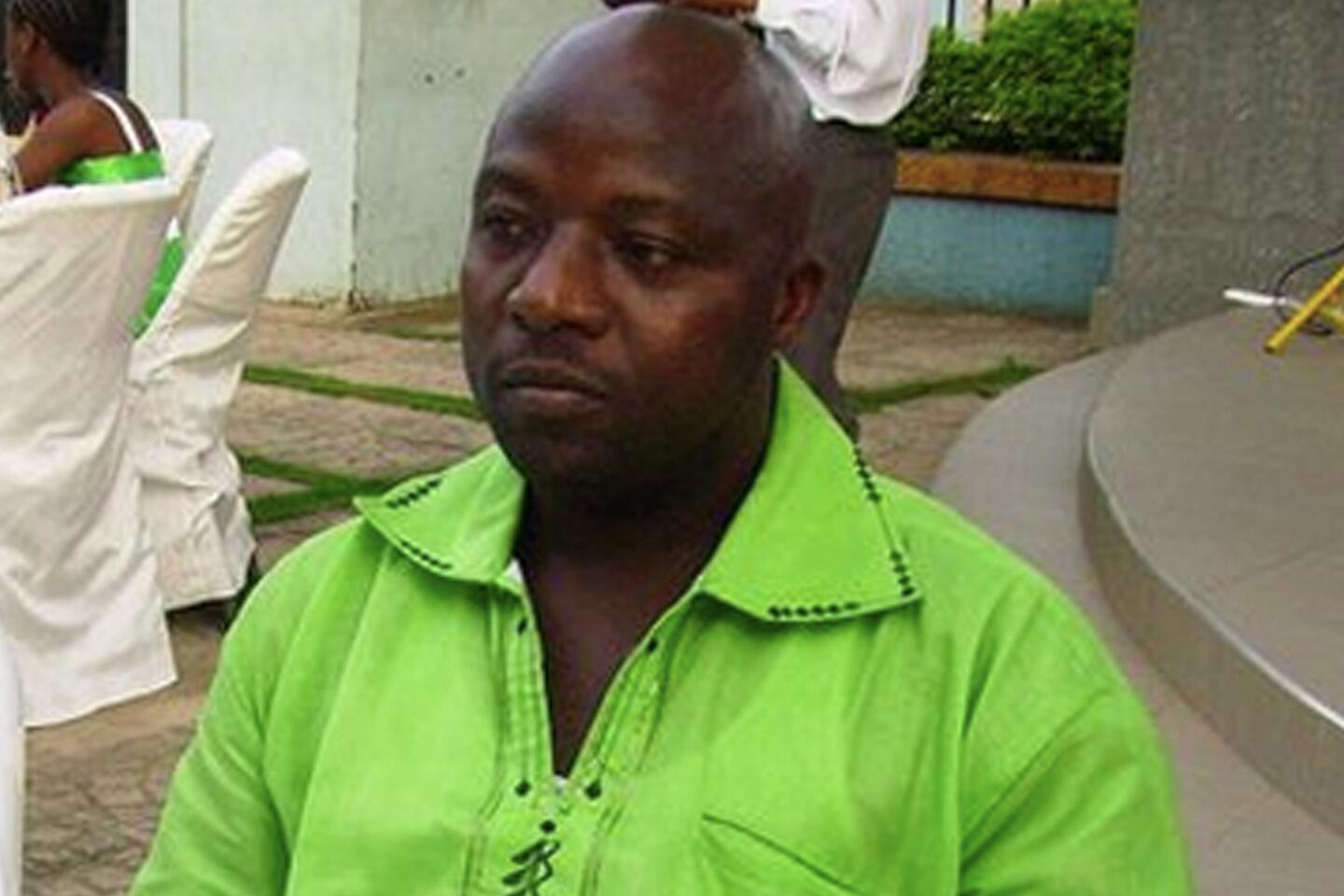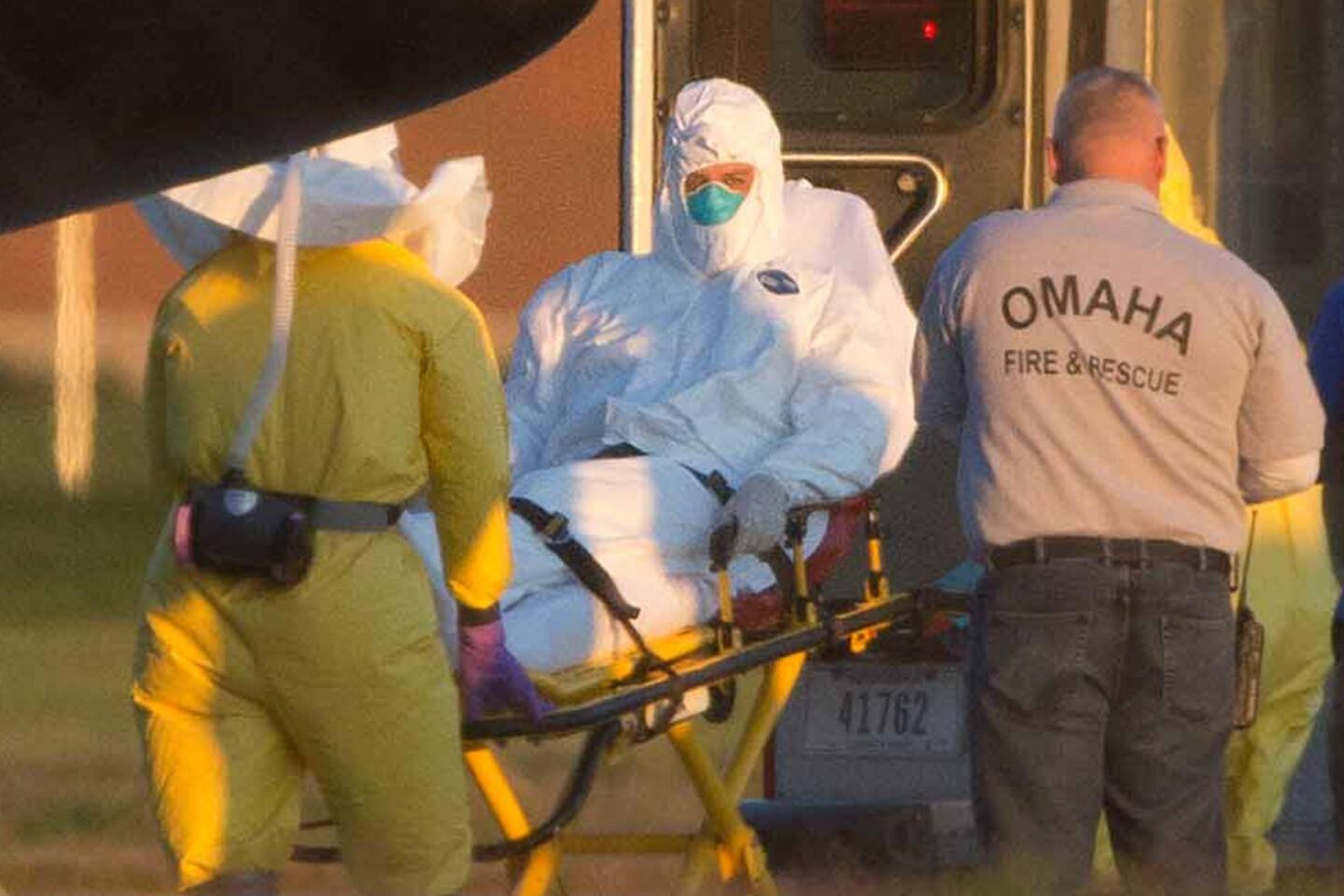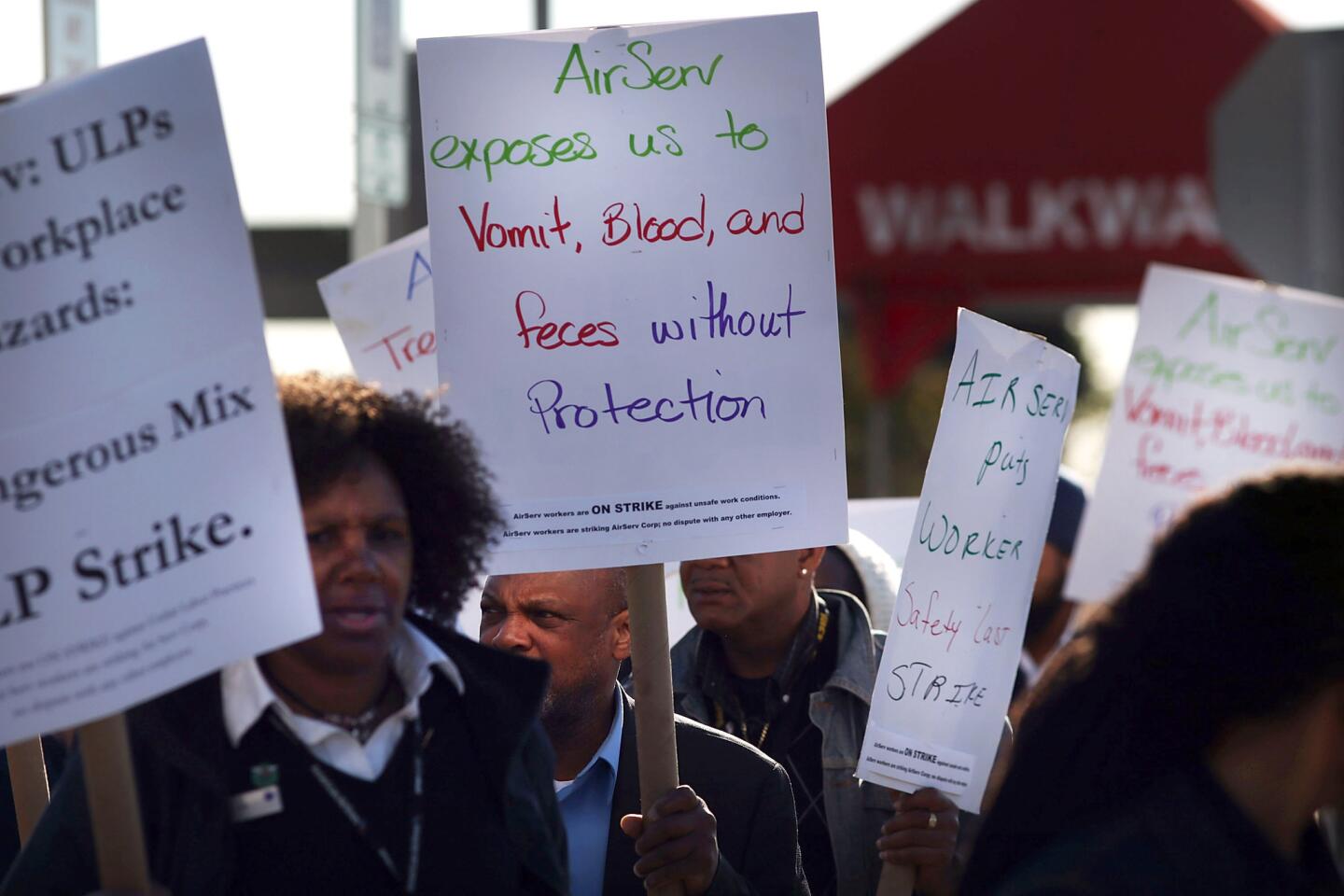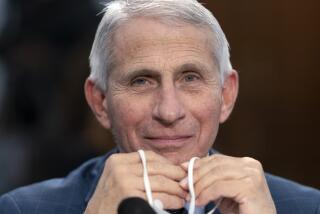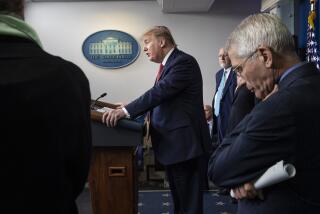Fauci acknowledges that Ebola guidelines failed to protect caregivers
- Share via
Reporting from Washington — A top federal health official conceded Sunday that the government-recommended protective gear worn by nurses and doctors caring for patients sickened by Ebola has been inadequate to protect caregivers from infection.
The official, Dr. Anthony S. Fauci, director of the National Institute of Allergy and Infectious Diseases, said that medical professionals need gear that would provide complete, head-to-toe coverage, shielding their skin from contact with an Ebola patient’s body or its fluids.
Serving as the Obama administration’s sole spokesman for Ebola on five national television talk shows Sunday, Fauci indicated that new guidelines for “personal-protective’’ gear were about to be issued by the federal Centers for Disease Control and Prevention. He acknowledged that two nurses in Dallas may have been infected by their exposure to an Ebola-infected patient that they cared for who ultimately died, Thomas E. Duncan.
The original guidelines, Fauci said, “did have some exposure of skin in the sense you had a mask—but there was some skin that was exposed and some hair that was exposed.’’ Speaking on CBS’ “Face the Nation,’’ Fauci added, “we want to make sure that’s no longer the case.’’
Fauci also described the condition of Nina Pham, the Dallas nurse and first American to be infected with Ebola in the U.S., as “fair’’ and “stable.’’ Fauci, who has been among those overseeing Pham’s care since her arrival late Thursday at the specially-equipped hospital of the National Institutes of Health in Bethesda, Md., said that he had spoken at length with the nurse on Saturday evening.
The second nurse sickened with Ebola, Amber Vinson, was transferred last week from Dallas to Emory University’s hospital in Atlanta.
Fauci for the first time conceded that most American hospitals are not equipped to treat patients sickened with the virus. The Ebola epidemic now besieging the West Africa countries of Liberia, Sierra Leone and Guinea is history’s worst, and it has killed 4,493 people as of Oct. 15, according to the CDC.
Before Pham and Vinson became infected, top U.S. government health officials, including Dr. Thomas R. Frieden, director of the CDC, had said that typical American hospitals could safely handle Ebola patients.
As of now, Fauci said, only a handful of institutions, including the hospitals in Atlanta and Bethesda, plus two others, in Omaha, Neb., and in Missoula, Mont., had both the proper equipment and trained personnel for such high-risk work.
“I think this idea that every single hospital can take care of a seriously ill Ebola patient right now is just not true,’’ Fauci told ABC-TV’s “This Week.’’
More to Read
Sign up for Essential California
The most important California stories and recommendations in your inbox every morning.
You may occasionally receive promotional content from the Los Angeles Times.
